
On November 21, the Orthodox Church honors Archangel Michael — one of the highest angels and the leader of the heavenly host. In the folk calendar, this day is called Michael's Day. In ancient times, celebrations began at this time, dedicated to the completion of summer and autumn agricultural work, accompanied by merriment and feasting.
On November 21, Orthodox Christians celebrate the day of Archangel Michael — one of the most revered angels.
Since the 4th century, Orthodox Christians have celebrated the Feast of the Archangel Michael and other Heavenly Powers. This feast was established at the Local Council of Laodicea, which took place a few years before the First Ecumenical Council.
Archangel Michael is the chief archangel, one of the most respected and beloved figures in Orthodoxy. Christians honor him as the Archistrategos, as he leads the holy host of Angels and Archangels.
On this day, believers also honor other Heavenly Powers, such as Archangels Gabriel (God's strength), Raphael (God's healing), Uriel (God's light), Selaphiel (God's prayer), Jehudiel (the one who glorifies God), Barachiel (God's blessing), and Jeremiel (the one who elevates to God). The Gospel states that they strengthen people's faith in the Almighty.
The name of Archangel Michael in translation from ancient Hebrew means “who is like God.” In Scripture, this expression has a questioning sense: “who is like God?”. Archangel Michael became the Archistrategos as he led the heavenly host against the fallen angels, led by Lucifer. The Savior created him as perfection, but Lucifer could not overcome his pride and rebelled against God, for which he was cast down from Heaven.
In Orthodox tradition, Archistrategos Michael is revered alongside the Prophet Elijah. Both are holy protectors from elements and dark forces.
Folk Calendar: Michael's Day
Michael's Day, celebrated on November 8 (according to the old style), was considered a time of thaw. At this time, the air became warmer, and the roads turned into impassable mud. This folk holiday has gone down in history as “Michael's thaws.”
It also has another, less pleasant name — “Michael's mud.” “If Michael has ruined the road, do not expect him until winter Nikola,” our ancestors would say, hinting at the difficulties of movement. If there was frost on November 8 and nothing hindered movement, another proverb was recalled: “Michael builds bridges.”
In ancient times, this period saw Michael's festivities in towns and villages. Townspeople would go to festive fairs where they could purchase delicious products brought by peasants from all corners, as well as enjoy entertainment. In villages, the celebration of Michael's Day was more modest, but the joy among the people was no less.
The merry festivities lasted a whole week and ended with the Philip's or Christmas fast — one of the most significant in the life of an Orthodox Christian. In 2023, the Philip's fast, named after the Apostle Philip, will begin on November 28 and end on January 6, 2024, on the eve of Christmas.
On Michael's Day, weddings were celebrated everywhere — it was a time for marriages. It was believed that unions formed during this period would be strong and happy, as they were under the protection of Archangel Michael himself.
Michael's Day: What Should Be Done
In ancient times, Michael's Day began with a visit to the church, where festive services were held. In prayers addressed to Archangel Michael, ancestors asked for help. It was believed that the leader of the heavenly host protects against enemies — both obvious and hidden.
Archangel Michael is honored as a protector of good and light. He heals people from bodily ailments and spiritual sufferings, helping them to walk the righteous path. People seek protection from wars and disasters, including those related to natural calamities.
It is believed that Archistrategos Michael can help those awaiting a court verdict. The heavenly protector has a special mission: at the Last Judgment, he decides where to send a person's soul — to heaven or to hell.
Michael's Day in the consciousness of ancestors was inextricably linked with the completion of agricultural work. Landlords with hired workers settled accounts with them for their labor. On this day, they were welcomed, fed, and given drink.
Housewives prepared various treats, trying to surpass their neighbors in culinary skills. Ancestors knew that if there were many different dishes on the table on Michael's Day, the next year would be successful and abundant.
Since Michael's Day did not coincide with fasting, women prepared roast. Potatoes were generously seasoned with lamb and chicken. Traditionally, jellied meat from pork and beef was prepared. The center of the festive table was necessarily decorated with pies made from fresh flour and honey from the new harvest, symbolizing abundance in the home.
Guests were treated to homemade beer, which was supposed to be brewed by men. The drink on Michael's Day had to be consumed to the last drop. “It’s not surprising that the beer is brewed. It’s surprising that it’s not drunk,” the elders would say.
On Michael's Day, ancestors also visited the bathhouse. It was believed that the water at this time was special and washed away all sins. However, hair was not washed; this was done the next day, as it was believed that washing on Michael's Day could wash away prudence.
There was another tradition associated with Michael's Day. At this time, it was customary to appease the yard spirit — the “relative” of the house spirit, who watched over the domestic animals. This was especially relevant before winter.
To ensure that the yard spirit did not feel offended by the owners and did not consider them greedy, they brought food to the barn, uttering affectionate words to him. It was essential to thank him for his help.
Michael's Day: Folk Signs
Michael's Day can tell about the weather and suggest what the winter and the next spring will be like. If on November 8 (according to the old style) there was hoarfrost on the trees, it foretold snow and blizzards.
If in the morning the ground was enveloped in fog, it meant that a thaw would soon come. If it snowed in the morning on Michael's Day, Easter would be the same. If it snows with rain, one should expect bad weather in spring.
On November 21, name days are celebrated: Martha, Raphael, Michael, Gabriel. People born during this period are characterized by a heightened sense of responsibility and justice. They will never leave a person in trouble and will give their last shirt to save those in need from poverty.
What Should Not Be Done on Michael's Day
On Michael's Day, it was strictly forbidden to work. This was considered a serious sin, for which punishment would follow. Even minor household chores were postponed to another time.
Everything that could be done without hesitation and fear — setting the festive table. However, even in ancient times, there were exceptions related to professional activities. But working for profit was categorically forbidden. What else should not be done on Michael's Day?
On Michael's Day, one should not remain alone. Ignoring this prohibition could lead to forgetting about friends, relatives, and fun for a long time.
Engaging in any kind of handicraft, including knitting, sewing, embroidery, and even minor clothing repairs. At this time, one could get an injury that would require long treatment.
Quarreling and raising one's voice at elderly relatives and children. After this, one could forget about health and think only about how to get rid of diseases.
Refusing to give alms. This will lead to financial difficulties. You may find yourself in poverty.
Telling about a good dream if you were lucky enough to see one the day before Michael's Day. By sharing what you saw, you might lose your happiness. The dream will not come true.

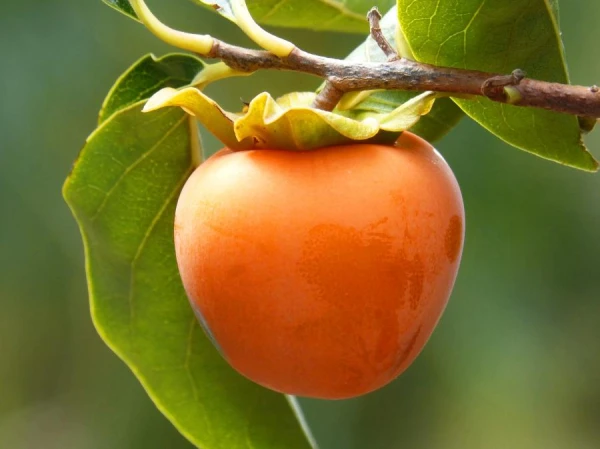



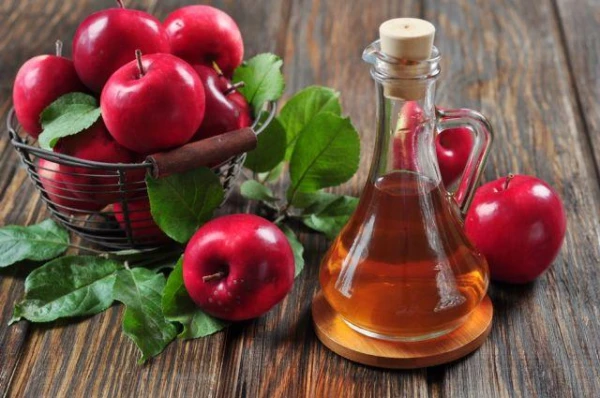


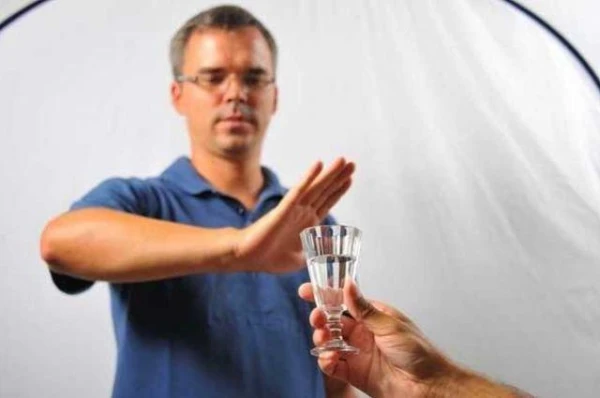
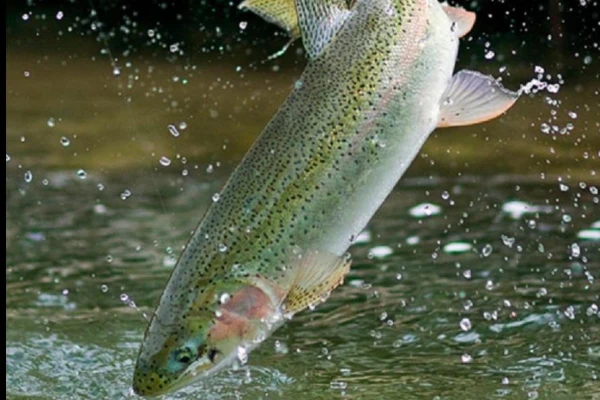


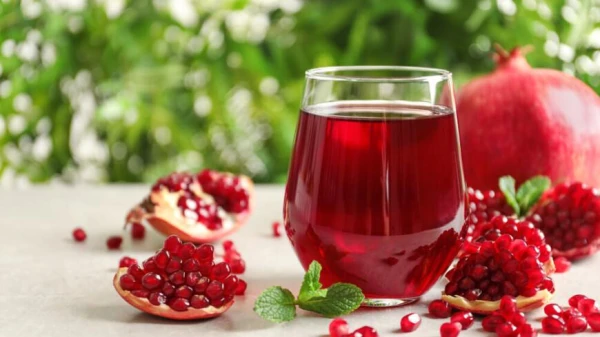
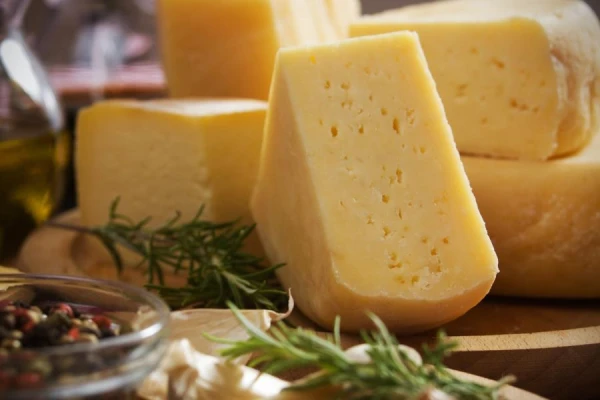

Leave a comment